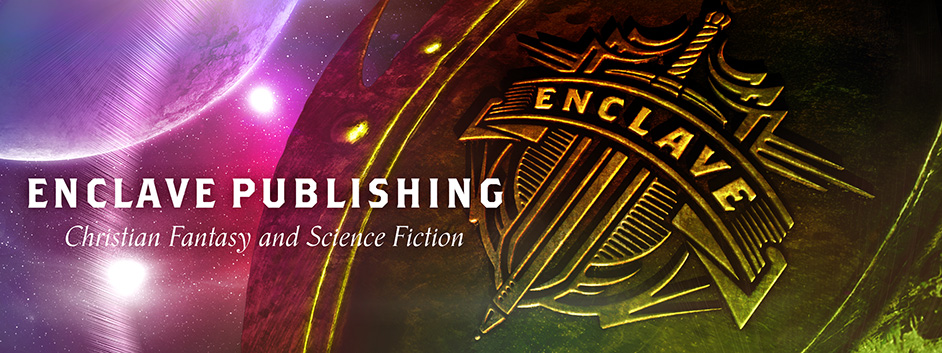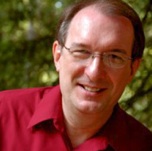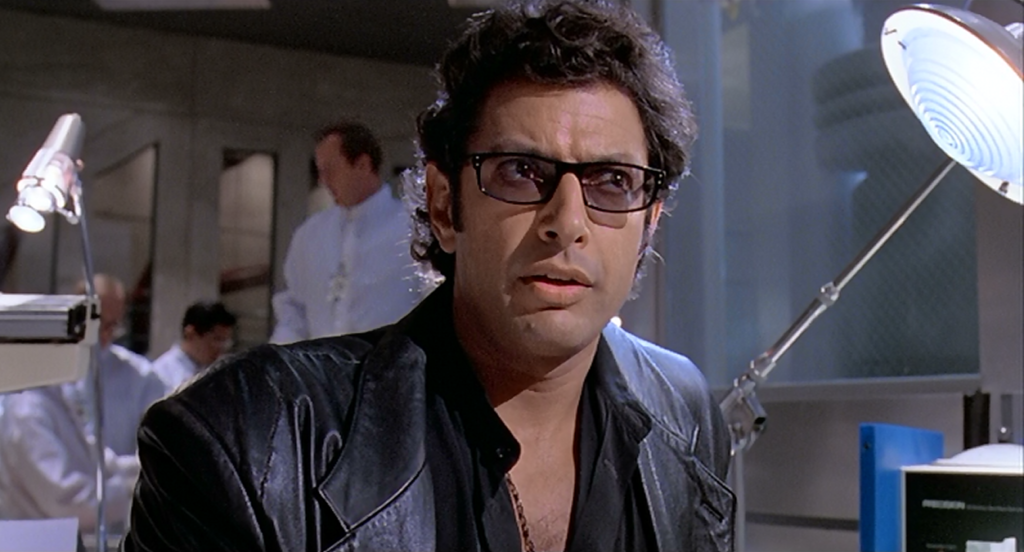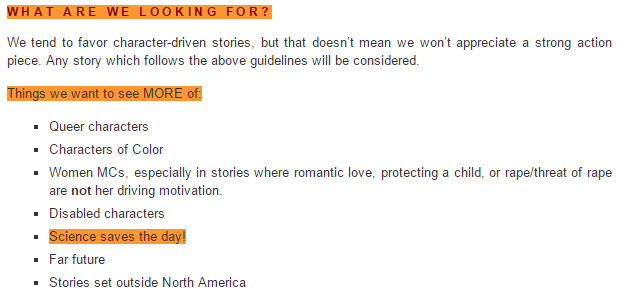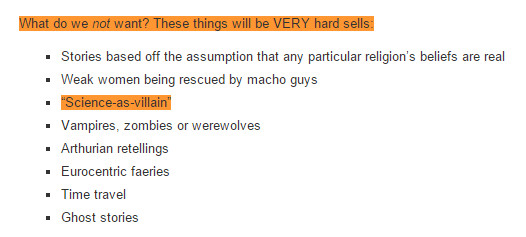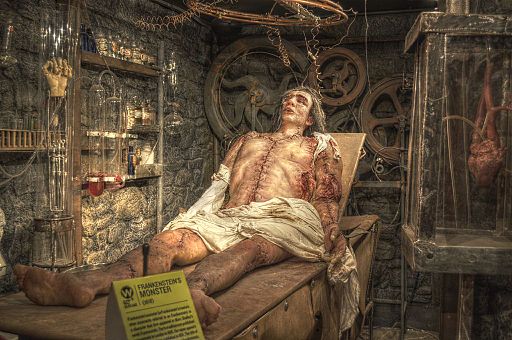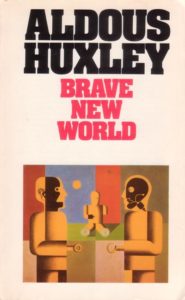Awards And The Problems Behind Them
 I’ve stopped watching the Oscars and the Emmys. For the most part, the nominated artists or works don’t reflect my tastes or standards, and they often honor people and stories I am not familiar with (so I have no one to cheer for). A lot of people I’ve come in contact with have expressed similar reactions.
I’ve stopped watching the Oscars and the Emmys. For the most part, the nominated artists or works don’t reflect my tastes or standards, and they often honor people and stories I am not familiar with (so I have no one to cheer for). A lot of people I’ve come in contact with have expressed similar reactions.
Apparently book awards not only face the same kind of irrelevancy, they are subject to rebellion of sorts, as demonstrated by this year’s Hugo Award, given annually for the best science fiction or fantasy works and achievements of the previous year.
Currently the Hugo Award is presented in twelve different categories (novel, short story, fan artist, professional artist, novella, graphic story, dramatic presentation, and so on). Voting for the Hugo Awards is open only to supporting and attending members of the 2015 World Science Fiction Convention, or Worldcon, making it a type of award akin to the Oscars. In other words, professionals vote.
To make a simulated comparison, the Hugos would be like the ACFW Carol Awards, if those would be voted on by their members. They aren’t selected in this way, however, which makes them distinctly different in reality.
Historically Hugo Awards were given to white males, but that trend had begun to change until “last year’s awards were swept by writers of color and women” (“Hijacking the Hugo Awards Won’t Stifle Diversity in Science Fiction” by Kameron Hurley).
As might be expected, this change brought about a reaction—a concerted, organized effort to return to the white, male domination of the awards. “Some aren’t happy about that [last year’s domination of awards by people of color and women]. For the last three years, [novelist Larry] Correia has led a small but vocal anti-progressive campaign called Sad Puppies in an attempt to game the Hugos by mobilizing people to vote for its preferred choices” (Ibid).
 The result of the efforts by this collection of “conservative” members of the World Science Fiction Convention paid off: “this year, Sad Puppies, buoyed by [Theodore] Bealeâs [AKA Vox Day] more extreme, Gamergate-affiliated campaign Rabid Puppies, managed to secure the extra votes needed to dominate the nominations. The result? They managed to push out those seeking to make the Hugos more representative of the diverse works within the genre” (Ibid).
The result of the efforts by this collection of “conservative” members of the World Science Fiction Convention paid off: “this year, Sad Puppies, buoyed by [Theodore] Bealeâs [AKA Vox Day] more extreme, Gamergate-affiliated campaign Rabid Puppies, managed to secure the extra votes needed to dominate the nominations. The result? They managed to push out those seeking to make the Hugos more representative of the diverse works within the genre” (Ibid).
So, admittedly, some were making an intentional effort to diversify the awards, not merely vote for the most qualified person or work.
Consequently, at the heart of the backlash against the trend away from white male domination of the award is the belief that “Worldcon and fandom alike have tended to use the Hugos as an affirmative action award: giving Hugos because a writer or artist is (insert underrepresented minority or victim group here) or because a given work features (insert underrepresented minority or victim group here) charactersâ (Sad Puppies 3 leader Brad Torgersen as quoted in “Science Fiction’s White Boys’ Club Strikes Back” by Jeet Heer).
While “block voting” is not against any Hugo Award rules, it apparently hadn’t been done before, at least not in a concerted, organized way. When the short list of finalists came out in April, controversy erupted. At least one presenter stepped down, several nominees had their names/works removed from the short list, and several others, who responded after the ballot had gone to print, have made it known that they should not be considered for the award and will not accept it should they win.
The irony of the brouhaha is that the Puppies seem to be arguing against the politicizing of science fiction and it’s preeminent award by politicizing the method used to select the award winners.
Having been behind the scenes for the Clive Staples Award in the past, I know a good deal about the ways people try to game the rules in order to help those they hope will win. One reason CSA instituted judging the short list—the finalists—by a panel of qualified judges was to avoid this kind of deck-stacking which would reduce the award intended to honor good writing and storytelling to a popularity contest (or a philosophical statement).
Yes, there are diversities among Christian writers, and some would push the point by “gaming” an award if they could.
Other awards have bypassed readers altogether in order to steer away from the popularity contest approach (come vote for my book even though you haven’t read it, just because you know me, sort of). But those are susceptible to other problems—unqualified first round judges, high entry fees, sponsoring organization promotion requirements, poorly conceived judging sheets, and the like.
In short, no award is likely to be perfect, but one that combines readers’ choice with qualified judging evaluations seems as if it has a better chance of honoring the year’s best book.
The Hugos? Seems to me they have gone the way of the Oscars and in the process have opened the door to a horrible mess. This long-running award is in the process of making itself irrelevant to readers.
The Clive Staples Award, on the other hand, is a tool which can help readers learn about the books that other readers value. Consequently, I’m posting the list of semifinalists again (alphabetized by title). I encourage you to put the books that have the greatest appeal onto your reading list. Mark them at Goodreads as Want To Read. Post reviews about them when you finish. Let’s use the CSA as it’s intended—to help readers find the best books of Christian speculative fiction.
A Draw of Kings Patrick W. Carr, published by Bethany House Publishers
A Time to Die by Nadine Brandes, published by Enclave Publishing
Blood for Blood by Ben Wolf, published by Splickety Publishing Group
Golden Daughter by Anne Elisabeth Stengl, published by Rooglewood Press
Haunted by Charity Tinnin, self-published.
Merlinâs Nightmare by Robert Treskillard, published by Blink
Reapers by Bryan Davis, published by Scrub Jay Journeys
Resistance by Jaye L. Knight, Living Sword Publishing
Saving Yesterday by Jessica Keller (Evander), published by Phantom Ship Press
The Seahorse Legacy by Serena Chase, published by Candent Gate LLC
The Seventh Door by Bryan Davis, published by Living Ink Books
The Warden and the Wolf King by Andrew Peterson, Published by Rabbit Room Press

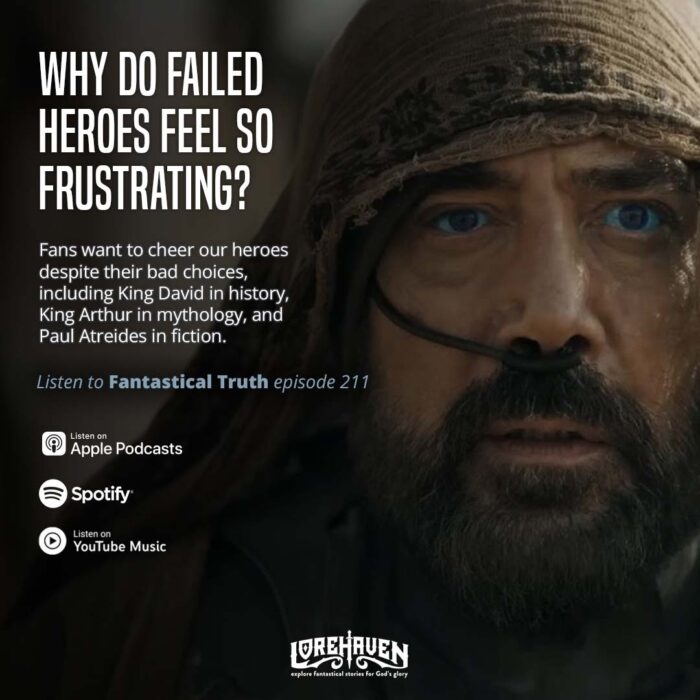

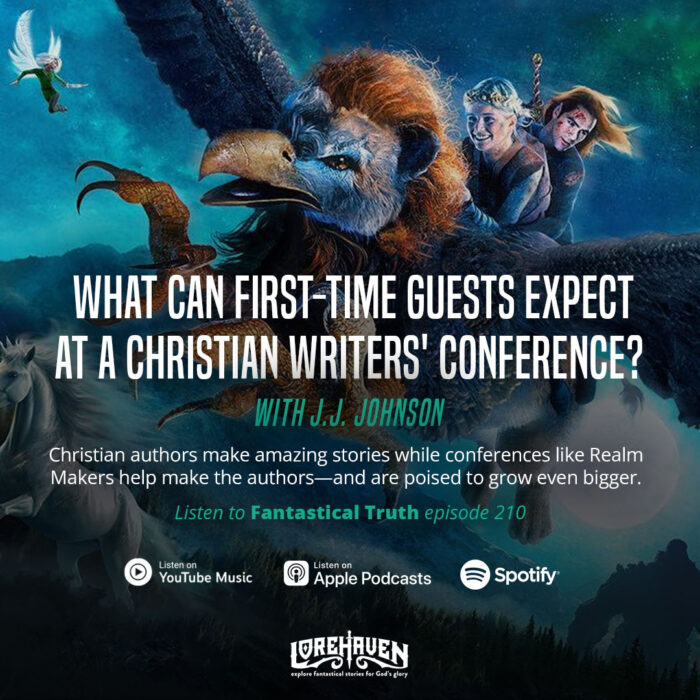










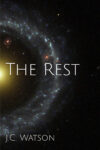

















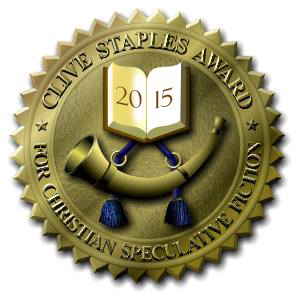

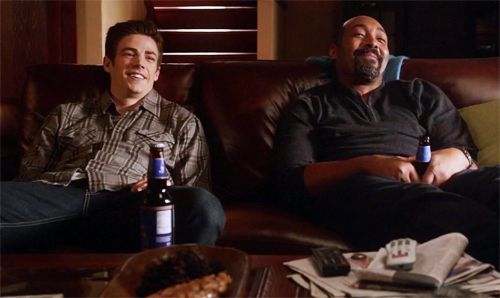
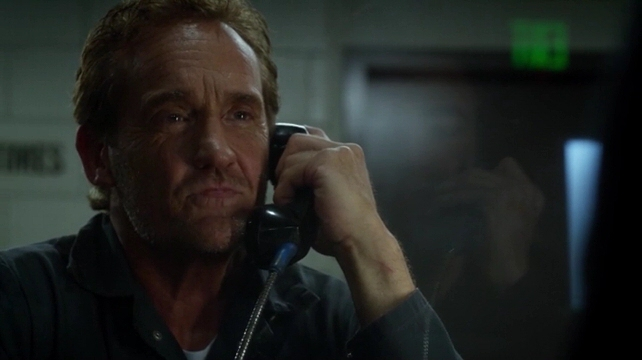 This portrayal proved central to how Henry Allen appears in the TV show. Heâs wrongfully imprisoned, but he believes his own situation comes second. Following the idea of the comics, when Barry is a child, Henry asks his old friend, Joe West, stop Barry from coming to see him in prison so Barry can move beyond the tragic death of his mother and live his life. Then without being told, Henry figures out that Barry Allen is the Flash and expresses his pride in his son.
This portrayal proved central to how Henry Allen appears in the TV show. Heâs wrongfully imprisoned, but he believes his own situation comes second. Following the idea of the comics, when Barry is a child, Henry asks his old friend, Joe West, stop Barry from coming to see him in prison so Barry can move beyond the tragic death of his mother and live his life. Then without being told, Henry figures out that Barry Allen is the Flash and expresses his pride in his son.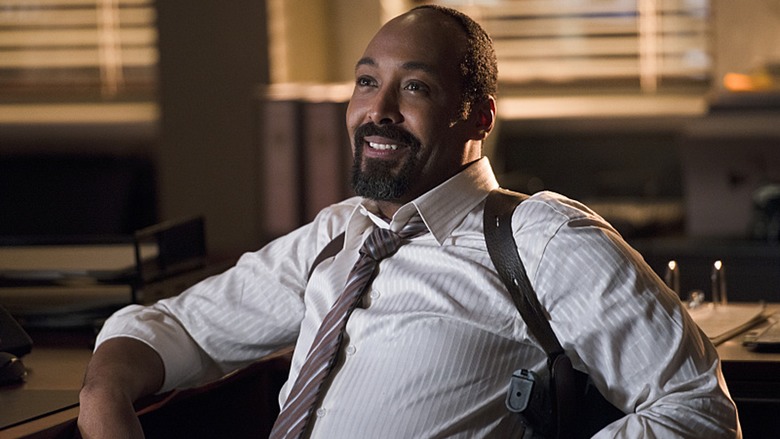 When Henry went to prison, Barry was taken in by Joe West, also a police sergeant, who became like a second father to him.
When Henry went to prison, Barry was taken in by Joe West, also a police sergeant, who became like a second father to him.


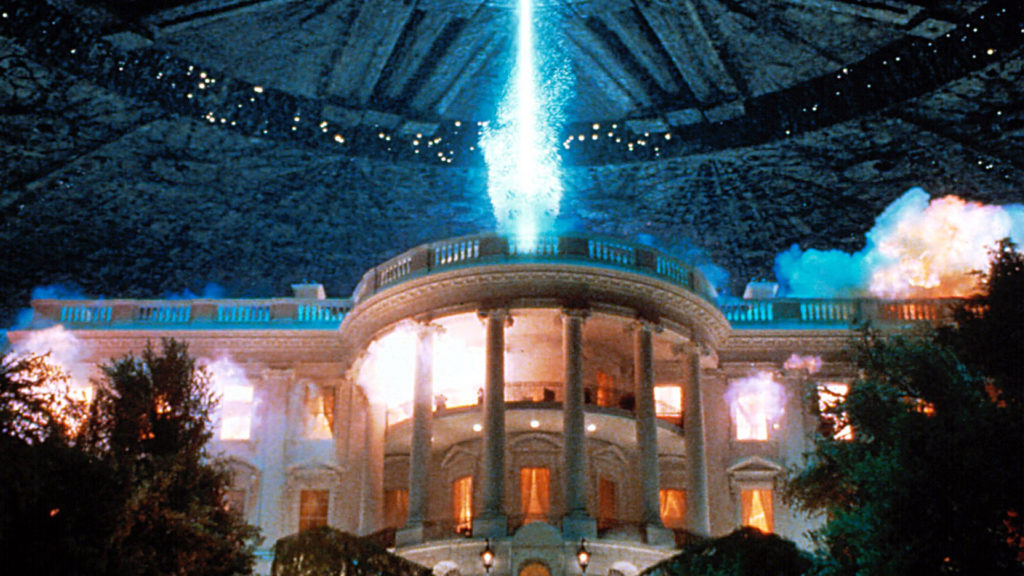

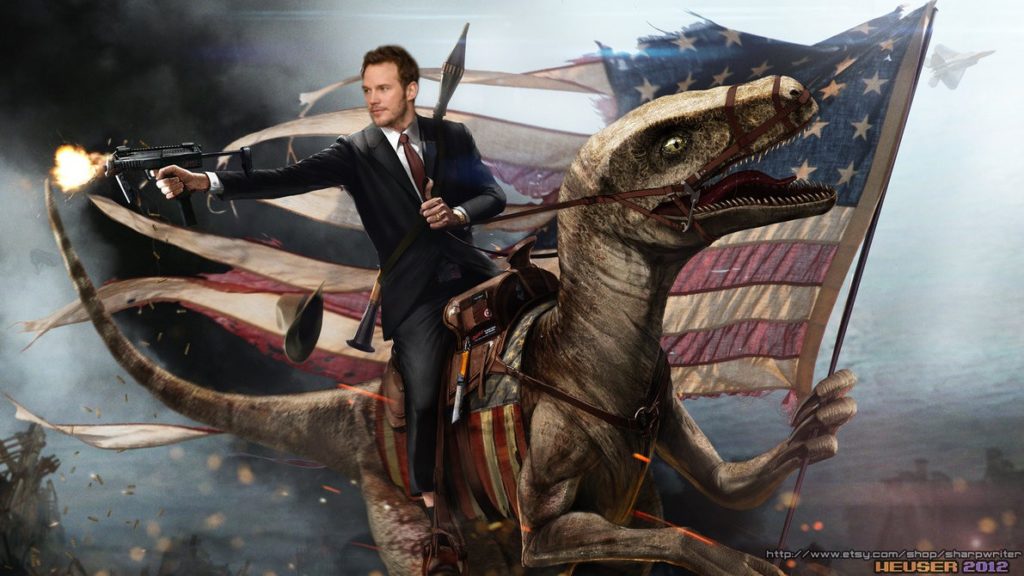

 5. Can we not endorse this kind of pop-cultural pragmatism?
5. Can we not endorse this kind of pop-cultural pragmatism?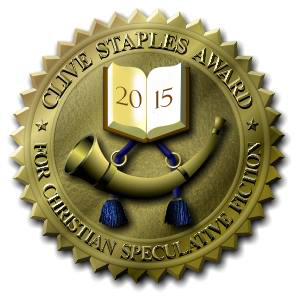 Realm Makers is excited to announce the books that came out on top after the readersâ choice semi-final round for the Clive Staples Award for Christian Speculative fiction.
Realm Makers is excited to announce the books that came out on top after the readersâ choice semi-final round for the Clive Staples Award for Christian Speculative fiction. 
